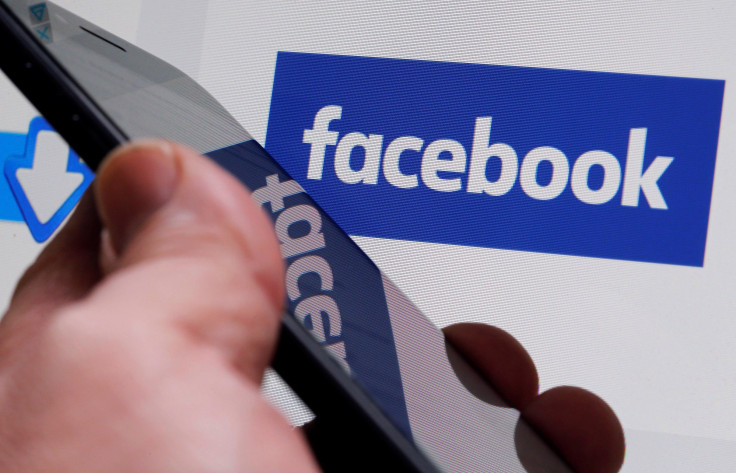Analyst reveals Facebook uses analysis tools to keep users online longer

A digital marketing analyst provided some explanations about what Facebook really knows about its users. Adam Helfgott, who runs a New York-based company called MadHive, revealed that the social media site has sentiment analysis tools which it uses to keep its users online for a longer period of time.
"As we are writing on Facebook, or talking to our friends, they are very well aware of our sentiment, our mood, so it is able to put that data together with what it knows about our likes, our friends and so on, to give us things that are likely to keep us online for longer,” Helfgott said according to the ABC. This information is also useful for advertisers.
Even politicians benefit from Facebook's marketing. They use it to reach voters with messages that are tailored to each one’s beliefs.
Facebook said it works to keep its users informed about privacy from the day they create their social media account and beyond. “We're focused on helping people understand how to use the tools we've created so they can make informed decisions and control their experience," the company’s statement to Four Corners said.
A group called Ranking Digital Rights, led by Rebecca MacKinnon, tracks the accountability of large digital companies. MacKinnon said Facebook has an obligation to educate its users of how their data is being utilised.
Majority of Australians who have internet access use Facebook, with more than 16 million Australian accounts. The platform has nearly 2 billion users around the world. Facebook users are spending more time on it -- 1.7 hours per day on average.
The social media platform reportedly earns more than US$16 (AU$21.38) for every user around the world. Last year, Facebook earned US$10 billion (AU$13.36 billion) in total, 177 percent more than the amount it made in 2015. The platform’s earnings are expected to grow. "They are arguably the most successful company in human history at just gathering people's time and turning that time into money," John Herrman, a New York Times journalist, told Four Corners.
Psychology Professor Ethan Kross from the University of Michigan said networks, such as Facebook, are "now a part of our life." He explained that it is how quickly they've transformed the way human beings operate that makes them so interesting. These networks have also changed how people interact with one another and so the real challenge is to understand how to navigate the networks in the best way.
Video Source: YouTube/BuzzFeedVideo






